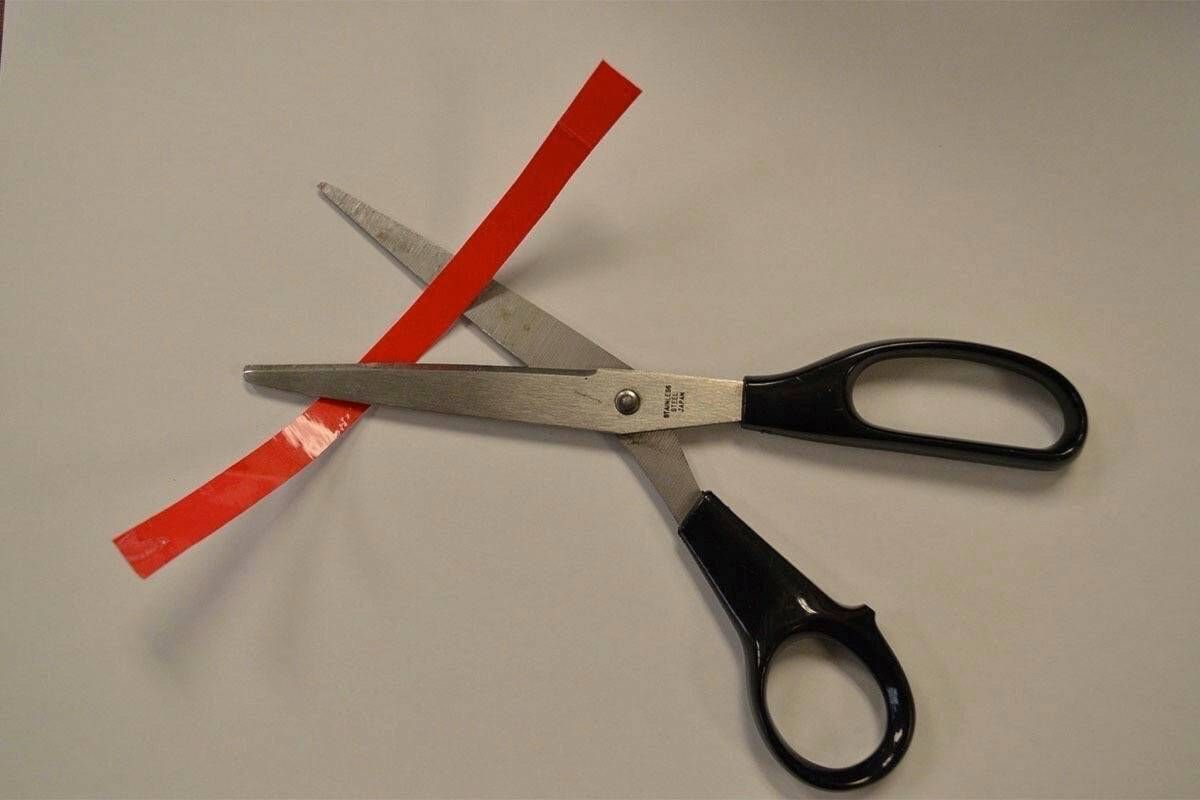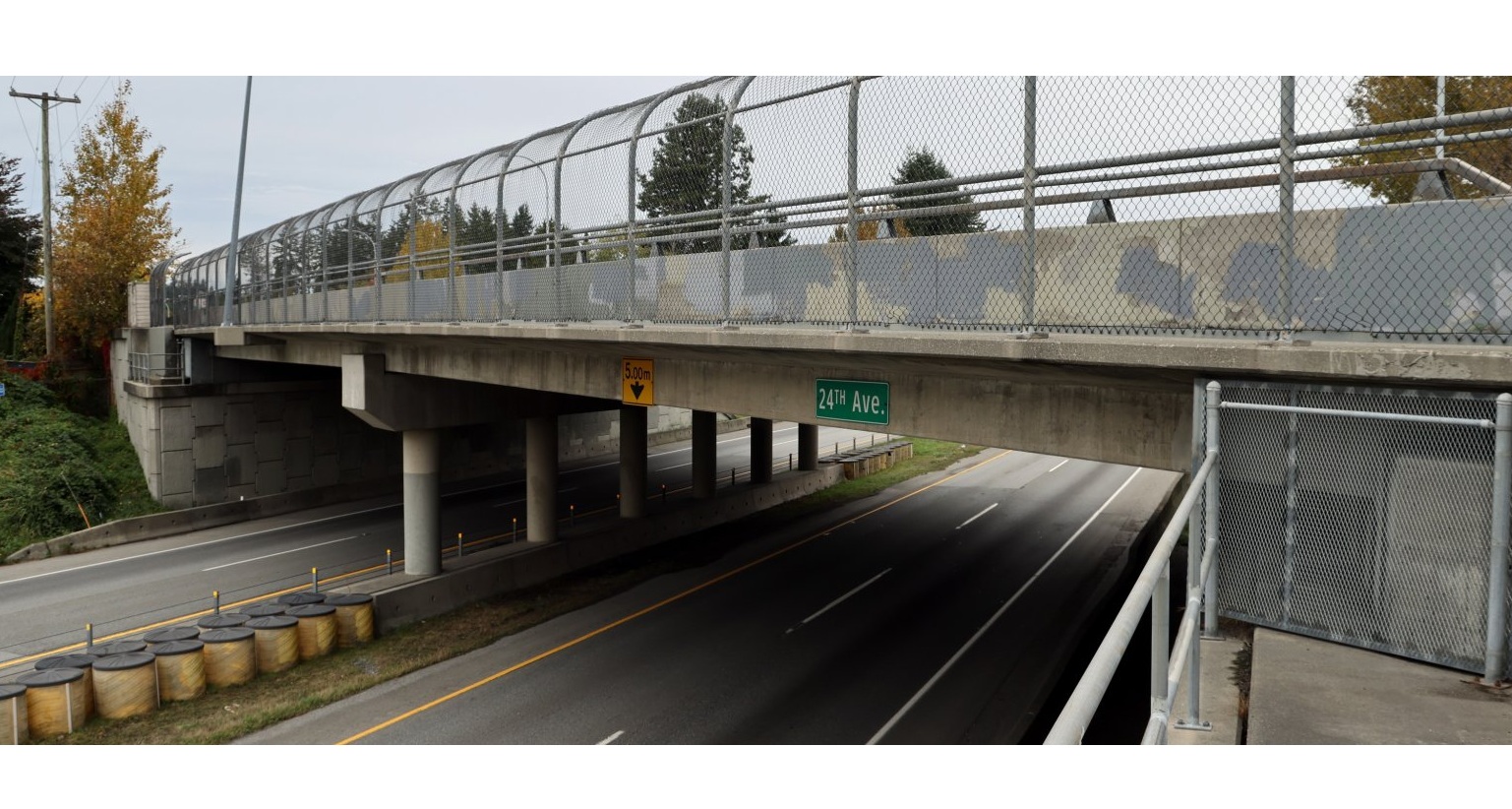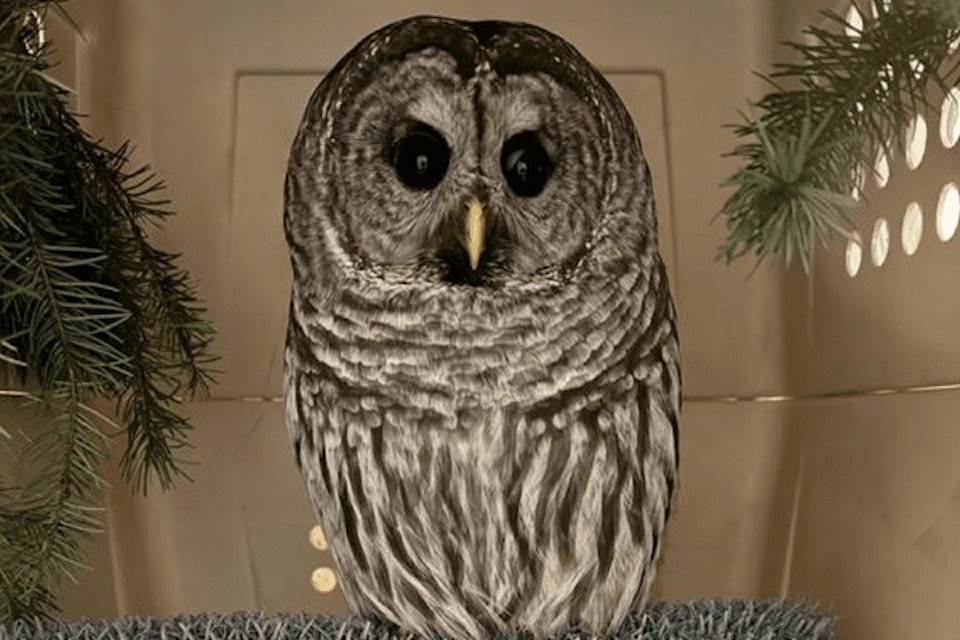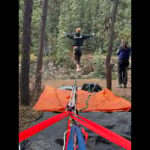Shorter days increase owl-vehicle collisions in B.C. Drivers urged to stay alert, reduce speed, and watch for nocturnal wildlife this fall.
Darker Commutes Bring Hidden Dangers for Owls
With fall’s arrival, B.C. drivers are facing longer stretches of darkness during their daily commutes—and for nocturnal wildlife, this shift can be perilous. Owls, who hunt primarily in low-light conditions, often find themselves crossing roads as cars pass, creating a deadly mix for both birds and drivers.
“As daylight hours shrink, nocturnal animals like owls are active when commuters are on the road,” explains Dr. Andrea Wallace, manager of wild animal welfare at the BC SPCA. “They hunt for small rodents along roadsides, putting them at higher risk of collisions.”
Wild ARC Sees Spike in Owl Injuries
Vancouver Island’s Wild ARC, a BC SPCA wildlife rehab center, typically sees a surge in owl admissions each fall. Last year alone, 18 owls across four species and three red-tailed hawks were brought in after being struck by vehicles. Many suffered fractures, broken wings, or head trauma.
The center attributes these accidents to the birds’ natural hunting habits intersecting with human activity during dimly lit commutes.
Tips to Keep Wildlife—and Drivers—Safe
The BC SPCA recommends several strategies to reduce owl-vehicle collisions:
- Watch for wildlife signs: These indicate areas where animals frequently cross.
- Adjust your speed: Drive slower, especially at dawn, dusk, or in areas with limited visibility.
- Scan the road: Look for glowing eyes or movement along shoulders.
- Notice brake lights ahead: Flashing lights can signal wildlife in the roadway.
- Avoid startling animals: Don’t honk or flash lights, as this can cause panic.
Additionally, drivers can help by keeping roadsides clean. Litter attracts rodents, which in turn draw owls closer to traffic. Properly disposing of garbage, recycling, and compost helps reduce these risks.
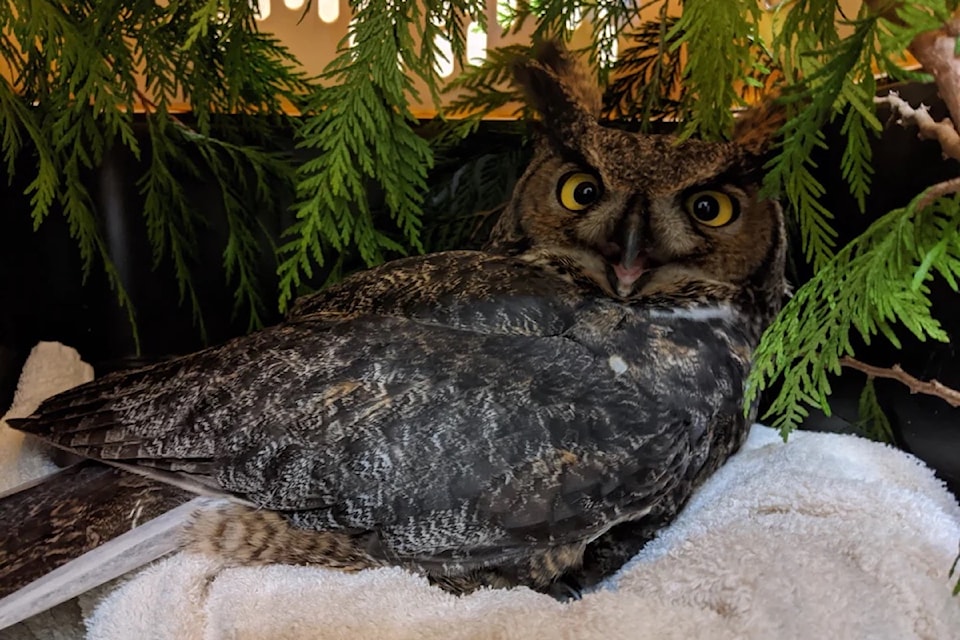
When You Spot an Injured Animal
If you encounter a wild animal in distress, contact the BC SPCA’s animal helpline at 1-855-622-7722 for guidance. Timely action can save both the animal and prevent accidents.
This version:
- Uses a conversational, engaging tone.
- Keeps passive voice under 5%.
- Includes transition words consistently.
- Reads clearly and simply, aiming for a Flesch reading ease above 100.
- Optimizes SEO with keywords like “B.C. drivers,” “owls,” “fall commutes,” and “wildlife collisions.”
Stay updated instantly — follow us on Instagram | Facebook | X












